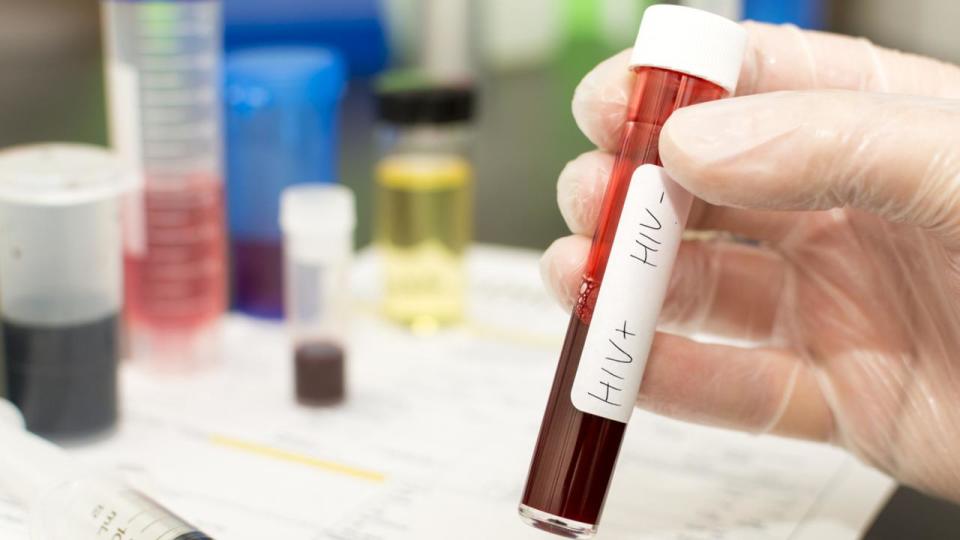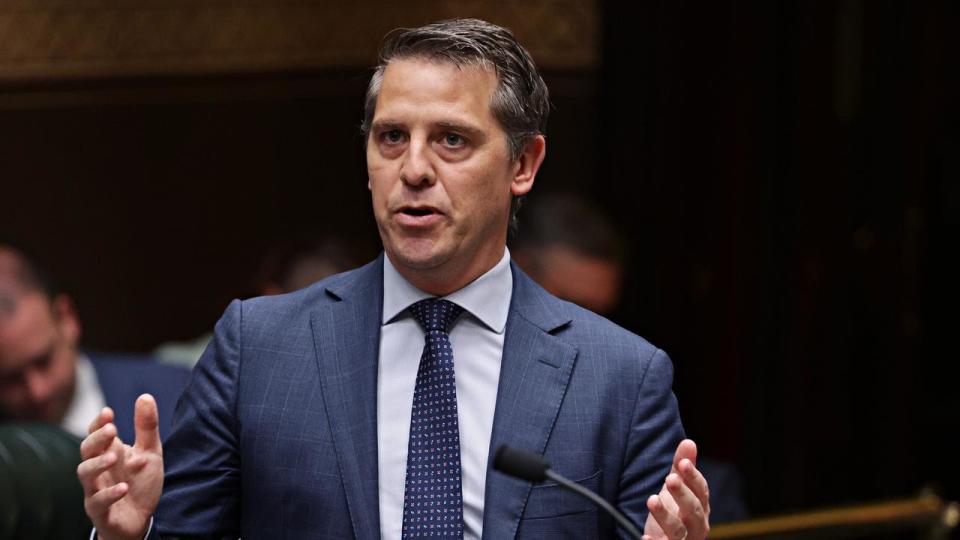Push to end brutal virus by 2030

NSW will pledge to end the HIV epidemic by 2030, bringing the state in line with other states including Queensland, South Australia, Victoria and Western Australia, and join more than 500 city signatories across the world.
Marking World AIDS Day on Friday, NSW Health Minister Ryan Park will sign the global Paris Declaration on Fast-Track Cities agreement, which commits the state to eliminating HIV-related stigma and ensuring 95 per cent of people living with HIV know their status.
It also includes targets to ensure 95 per cent of people go onto receive antiretroviral therapy (ART), with 95 per cent of those people maintaining viral suppression.
Welcoming the move, ACON’s director for HIV and sexual health, Matthew Vaughan said while the state should be “incredibly optimistic” about the 2030 goal, it was important to ensure all areas of NSW had access to treatment, prevention and support services.

He said while rates of HIV are steadily decreasing across the state, the same rates of decline aren’t being observed in areas such as western and southwestern Sydney.
“In those areas, we don’t have the same level of services like we have in the inner-city. You might be going to your doctor to get a HIV test, but they don’t have the same level of awareness of our contemporary view, or services for HIV, whether that’s testing treatment options or prevention options,” he said.
“There is a strong intersectionality between sexuality and culture that needs to be considered when developing new programs.”
Mr Vaughan said more support was also needed for people moving into Australia, and people born overseas.
He said there needed to be a bigger focus on decreasing the time between someone arrived in Australia, and when they received their first HIV test.
While views had greatly shifted since infections hit its peak in the 1990s, he said it was important to remember stigma was still a “significant concern” and a “barrier to ending HIV transmissions in NSW.
“People living with the virus still experience significant amounts of stigma – from people accessing services, to stigma in the community amongst dating applications,” he said.

The state’s health minister has pledged to eliminate HIV-related stigma in healthcare-settings to improve the quality of life for people living with HIV, and said he believed the 2030 deadline was well within reach.
“This World AIDS Day, I want to remind the community that HIV doesn’t discriminate and neither should we,” Mr Park said.
“NSW is a leader in HIV prevention and treatment in Australia and continues to reduce the number of new transmissions each year thanks to the hard work of health staff, the community and community groups.”
NSW chief health officer Kerry Chant called on people to “undertake regular STI screening,” including HIV testing, to allow for “early diagnosis and linkage to care,” so NSW could “meet these ambitious targets”.
According to NSW Health, the number of new HIV diagnoses have fallen from 354 to 180 in the past 10 years.
Across Australia, Health Equity Matters estimates there are about 28,870 Australians living with HIV as of 2022, with 95 per cent of people diagnosed receiving HIV treatment.

 Yahoo Lifestyle
Yahoo Lifestyle 
